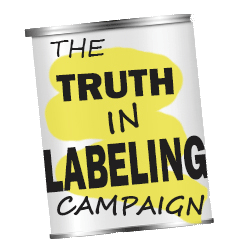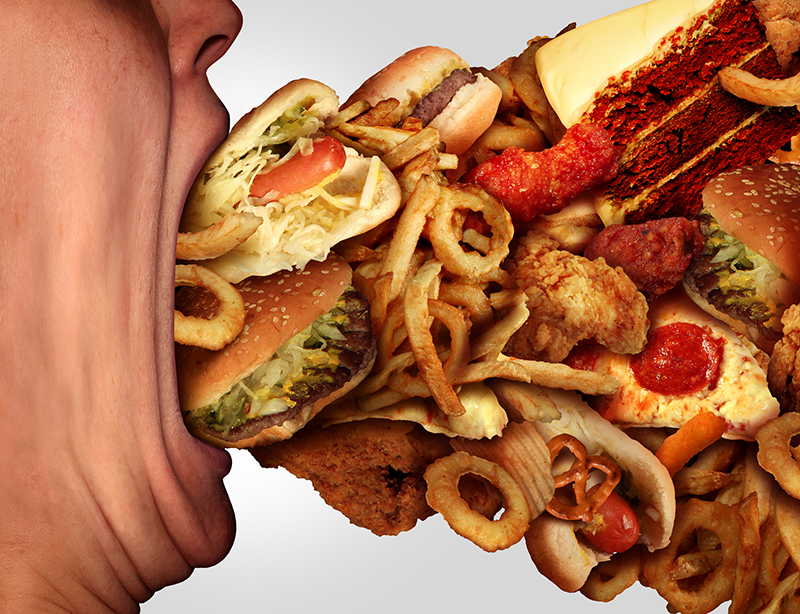What makes a food “ultra-processed?”
Apologists for Big Food are working hard to make us believe that (with a few exceptions) ultra-processed foods are simply the natural evolution of food processing. Bread, they tell us, is likely the very first “processed” food, originally crafted over 30,000 years ago. Then there are cheeses, beer, and fermented foods – all created by humans to advance how we eat.
But along with the introduction of more and more novel ready-to-eat processed foods (such as canned beans and grape jelly in the 1920s and breakfast cereals hitting the market in the 1940s), something odd happened to large categories of these items. No longer did they retain the basic identity of food itself, with some being made entirely of laboratory-created ingredients.
These new creations, later labeled ultra-processed foods, surreptitiously emerged around the 1980s.
Before this sneaky shift in how many “foods” were being manufactured was realized, however, the effects of consuming these items became quite obvious — a growing epidemic of obesity along with a marked rise in chronic diseases.
And despite the increased scrutiny these types of foods have garnered lately you won’t find any kind of FDA-sanctioned labeling or notice that what you’re considering serving for dinner may look like what’s traditionally thought of as food, only it really isn’t.
The ‘Ultra-Processed Food Group’
Investigations by Dr. Carlos Monteiro, a professor of Nutrition and Public Health in Sao Paulo, Brazil, and other researchers at the University of Sao Paulo led to a first-of-its-kind classification of processed foods called Nova in 2010.
Using Nova, Monterio and others published a paper in 2019 that defines what makes up ultra-processed food.
Ingredients characteristic of ultra-processed foods are either food substances of no or rare culinary use, or else classes of additives whose function is to make the final product sellable, palatable and often hyper-palatable.
Classes of additives used only in the manufacture of ultra-processed foods are flavors, flavor enhancers, colors, emulsifiers, emulsifying salts, artificial sweeteners, thickeners, and foaming, anti-foaming, bulking, carbonating, gelling, and glazing agents. All of them, most notably flavors and colors, either disguise unpleasant sensory properties created by ingredients, processes, or packaging used in the manufacture of ultra-processed foods, or give the final product intense sensory properties especially attractive to see, taste, smell and/or touch, or both.
Manufactured flavoring agents, such as MSG and dozens of other additives containing brain-damaging free glutamate are key indicators of these ultra-processed foods. And all of these additives that make a non-food look and taste like real food have been given free rein by the U.S. Food and Drug Administration.
Monterio gives this tip as a way to ID ultra-processed foods:
Generally, the practical way to identify if a product is ultra-processed is to check to see if its list of ingredients contains at least one item characteristic of the ultra-processed food group. These are either food substances never or rarely used in kitchens or classes of additives whose function is to make the final product palatable or more appealing.
The FDA has done its part to help in the proliferation of this “ultra-processed food group” by distracting consumers into reading its mandated and relatively meaningless nutrition facts label and declaring these toxic additives to be either “safe” or GRAS — generally recognized as safe.
Sadly, also making the Nova list of ultra-processed foods are infant formulas and “meal replacement” beverages for the elderly and infirm.
As Dr. Monterio said in an interview in 2023, the “main purpose of ultra-processed food is to make products that can replace real foods (to) amplify profits of the food industry.”
And when the food industry has friends like the FDA to help it along, you can bet the farm that more ultra-processed foods will be replacing real farm-grown foods than ever before.







